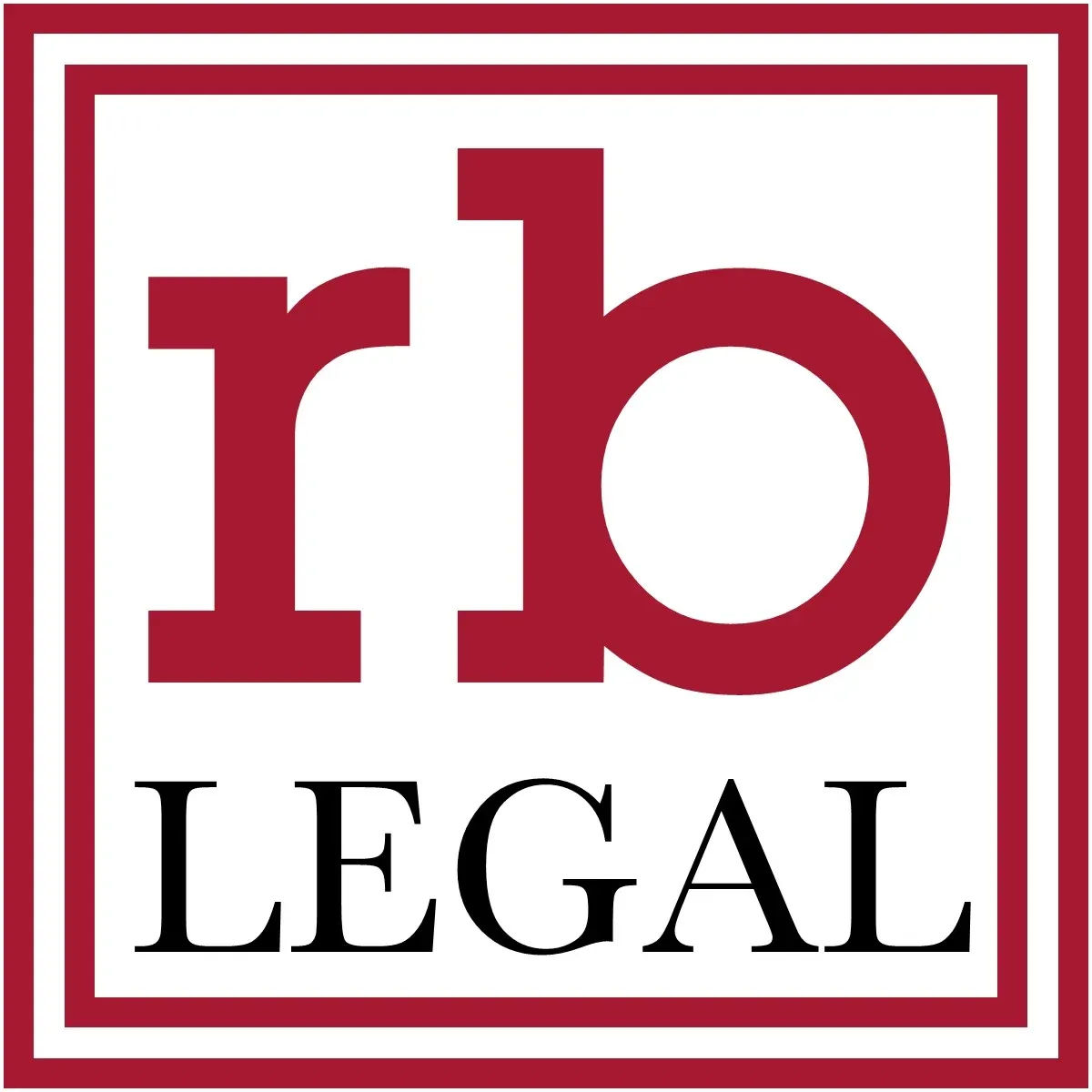From student loans, to credit card debts, mortgages and car loans, millions of Americans are in some form of debt. Unfortunately, not everyone is able to clear off their debts during their lifetime. In fact, most Americans do not. So what happens to a loved one’s debt when they die?
Most people believe that all debts ought to be written off when the debtor passes away. However, this is not absolutely true. Not all debts are forgiven upon death.
Are all debts are created equal?
Some debts, like federal student loans and PLUS loans, can be written off upon the holder’s demise. However, most debts are handled differently. Some debts like private loan debts will have to be paid even after the borrower’s death.
This, however, does not mean that you will be required to dip into your personal finances to pay off the deceased’s debts. Rather, the estate executor will take care of such debt using the decedent’s assets while probating their estate.
However, if the decedent had a joint account with someone else, then the debt could pass down to the co-owner. This means that the co-owner will be responsible for any balance on the account.
What if the decedent had more debts than assets?
If the decedent owed more than they owned, then the outstanding balance upon liquidating their assets will go into default. However, this only applies if they were the only name on the account with no co-signer.
When a loved one dies, their debts might be eligible for forgiveness. However, the rules largely depend on the type of loan they had. Find out how you can manage a loved one’s debts upon their demise.
